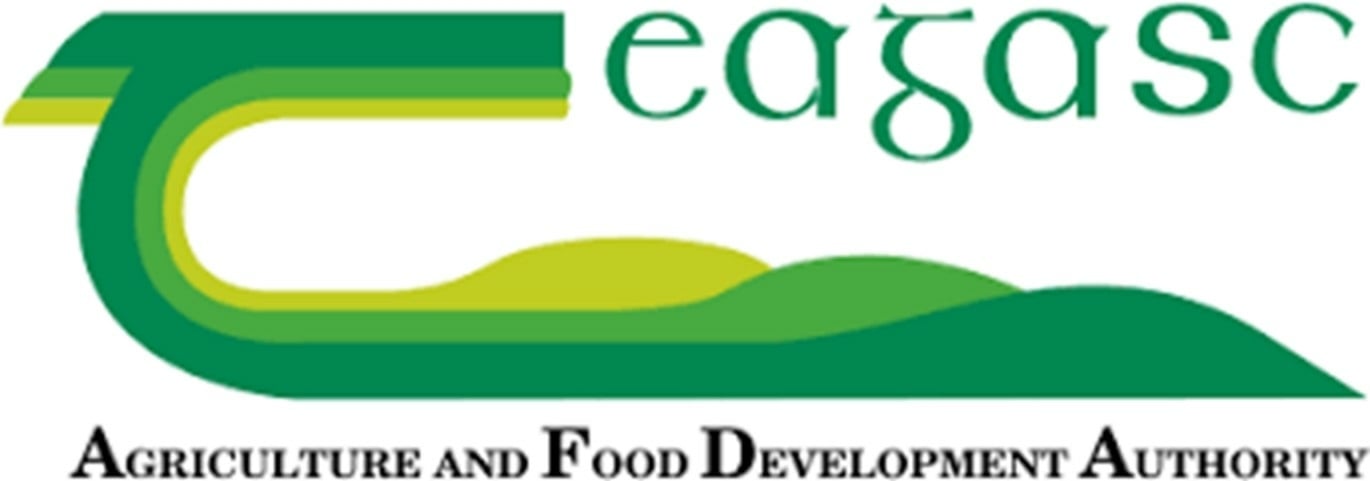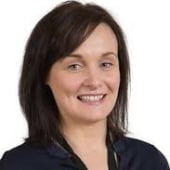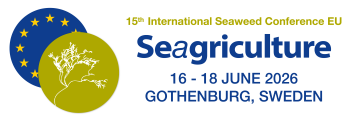About the speaker:
Maria Hayes is a senior scientific officer at the Teagasc Food Research Centre, Ashtown, Dublin and an Adjunct Professor in the School of Food Science and Environmental Health at TU Dublin. She works on developing new products with health benefits through identification and characterisation of bioactive ingredients from different marine and terrestrial resources. To do this, she uses a combination of different bioassays that she established at Teagasc including those relevant to maintenance of heart health; prevention of type 2 diabetes and mental health issues, prevention of atherosclerosis, inflammation and pain and antimicrobial and prebiotic assessment assays. She has also developed a method to screen for methane mitigating abilities of algae in vitro. E-mail: Maria.Hayes@teagasc.ie
Her interests include industrial microbiology/biotechnology and food product development, bio-refining for the Bio-economy, nutritional and tertiary benefits of proteins and hydrolysates & use of natural resources. h-index: 54; over 120 papers published in international journals, citations: >11,000, editor and contributor to several books on the topic of marine natural product chemistry. Google scholar hindex: https://scholar.google.com/citations?user=GeuIEEIAAAAJ&hl=en
She has an Honours degree in Science - Industrial Microbiology and Chemistry from University College Dublin (UCD) and a PhD in Biotechnology (Microbiology and chemistry) from University College Cork (UCC). She has a Post-Graduate qualification in Leadership and Development from the Institute of Managers Ireland (IMI), Dublin & UCC, and a Diploma in regulatory affairs from the University of Birmingham and UU. She joined Teagasc as a researcher on the Marine Functional Foods Research Initiative – NutraMara project - in 2008, and has been interested in utilisation of marine resources ever since. She is an academic collaborator of the SFI funded Bio-economy research centre (BiORBIC – https://www.sfi.ie/sfi-research-centres/Biorbic/ ). She is the current coordinator and PI of several EU projects including Seasolutions https://seasolutions.ie/ and a PI participant in the EU funded projects Algae4IBD, IDEA and IDEA plus as well as nationally funded projects like U-Protein.
Company info:

Teagasc – the Agriculture and Food Development Authority – is the Irish national body providing integrated research, advisory and training services to the agriculture and food industry and rural communities. TU Dublin is Ireland's first Technological University, offering diverse undergraduate and postgraduate courses across 5 Dublin campuses. The faculty of health and science is located at Grangegorman, Dublin and is home to more than 4,500 students who are enrolled on a wide range of undergraduate, postgraduate, and professional programmes, including full-time and part-time courses, short CPD courses, & industry-based programmes.
Presentation:
The EU Green Deal, states “algae should become an important source of alternative protein for a sustainable food system and global food security by 2030”. Algal use as a replacements for traditional and "alternative" protein sources is not environmentally or economically sustainable due to (1) Limited supply and poor preservation methods (2) Poor protein quality and consumer acceptability of algal proteins (3) Processing expenses (4) limited market options for isolated proteins. Underpinning these problems is lack of engagement between relevant food actors. Processing of seaweeds can add value and create new markets for seaweed proteins & co-products by increasing health, nutritional and functional benefits, associated with them. Herein, examples of seaweeds processed for creation of high value products for health and prevention of diseases like inflammation, blood pressure, type-2-diabetes & pain are provided and end product characterisation are described along with their market potential.



